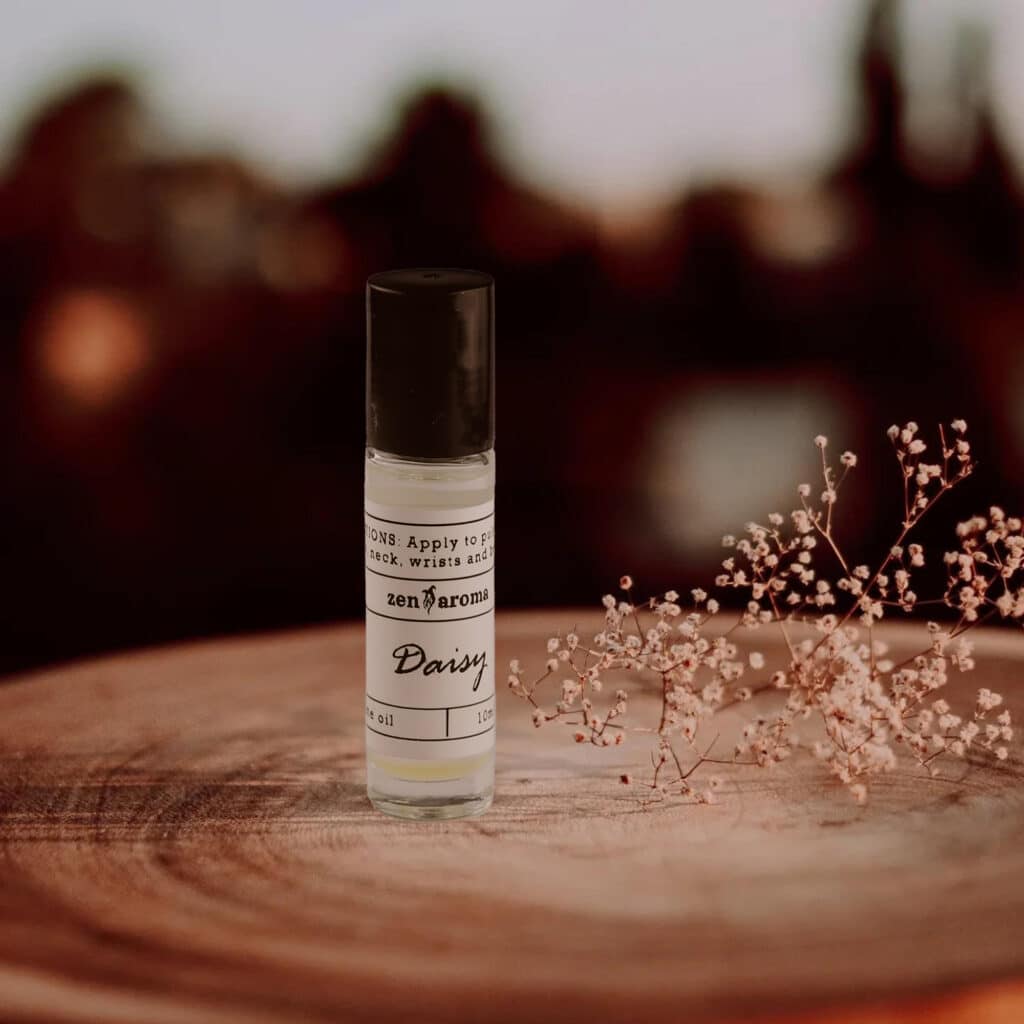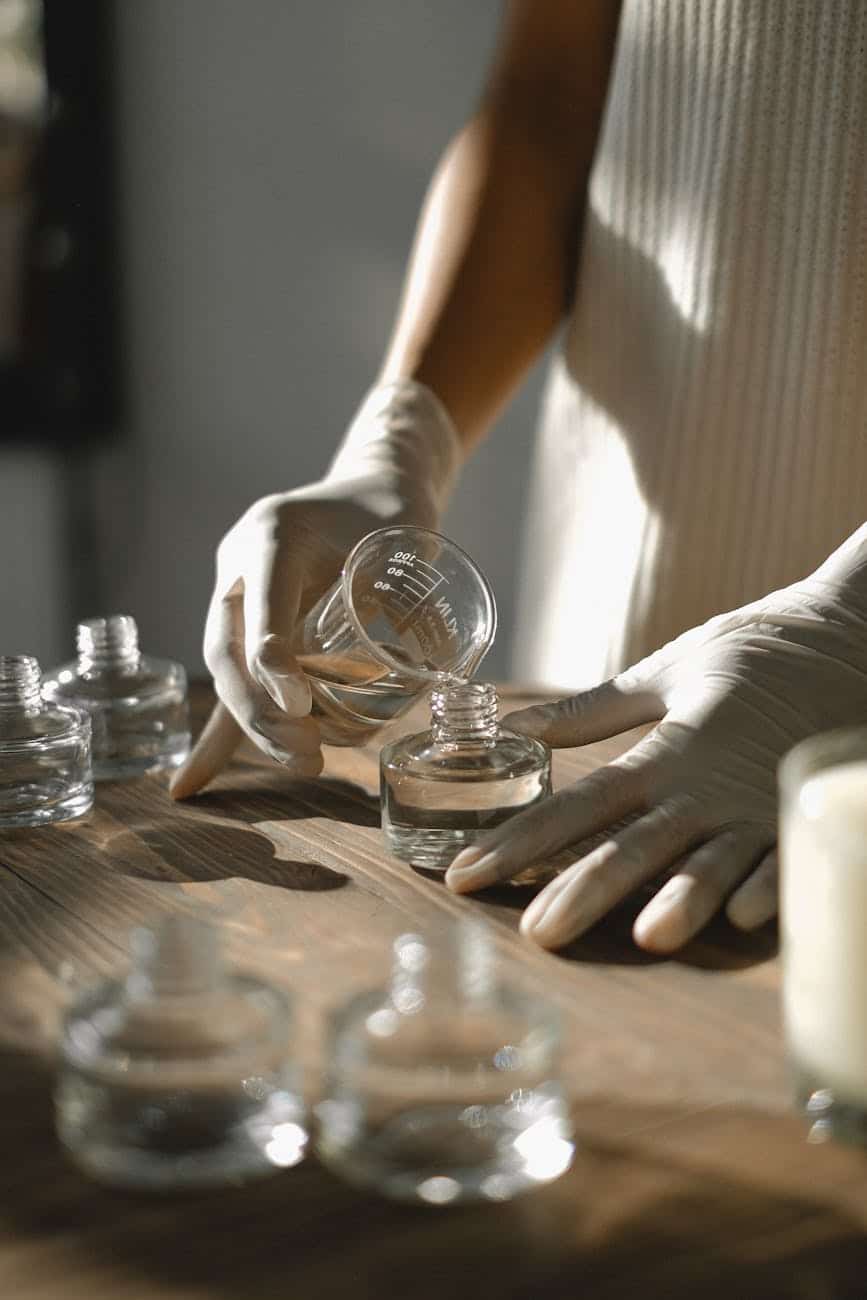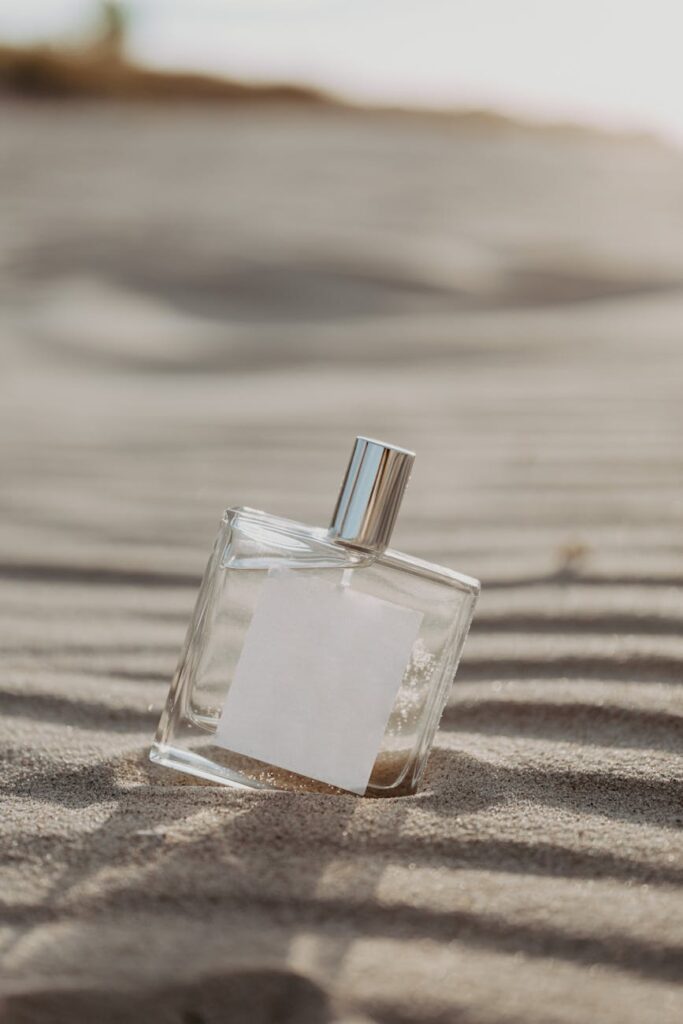Creating your own perfume using perfumers alcohol is like painting with scents; it allows you to express your personality in a unique and fragrant form. Whether you’re crafting a signature scent for personal use or as a thoughtful gift, the process is creative, fun, and surprisingly simple! Here’s how you can get started:
Step 1: Choose Your Perfumers’ Alcohol
The base of your perfume will be perfumers alcohol, which is ideal because it’s formulated specifically for making perfumes. It evaporates quickly and carries the fragrance beautifully without altering the scent profile. Make sure you’re choosing pure undenatured ethanol specifically for use in perfume. Denatured ethanol is widely available, and often significantly cheaper, however it is usually mixed with methanol to render it undrinkable – methanol can cause adverse reactions when applied to the skin for some people.
The perfumers alcohol available at Zen Aroma is 100% pure grade perfumer’s alcohol.
Step 2 (Option A) : Select Your Essential Oils
Your fragrance’s heart and soul come from essential oils. Choose a variety of oils based on the notes you are drawn to:
- Top notes are your scent’s first impression (think citrus, herbs—light and evaporative).
- Middle notes (or heart notes) form the core of the perfume and take longer to develop on the skin (floral, fruity).
- Base notes last the longest and give depth (woodsy, resinous).
A good rule of thumb is to follow the “30-50-20 rule”: 30% top notes, 50% middle notes, and 20% base notes.
-
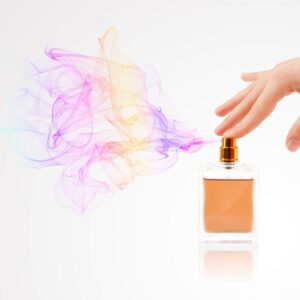 Perfumers Alcohol$15.00 – $85.00
Perfumers Alcohol$15.00 – $85.00
Step 2 (Option B): Select Your Fragrance Oil
If you don’t want to bother formulating your own blend from scratch, then you can simply choose one of our hundreds of different fragrance oils. These are already formulated to have perfect blend of top, middle and base notes.
This is also an ideal option if you’re trying to duplicate your favourite designer perfume. We have a huge range of perfume fragrance duplications available.
-
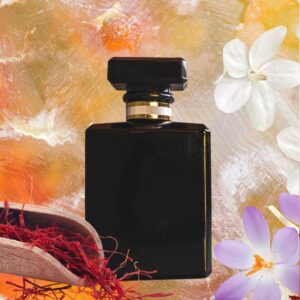 Baccarat Rouge (type) Fragrance Oil$6.90 – $780.00
Baccarat Rouge (type) Fragrance Oil$6.90 – $780.00 -
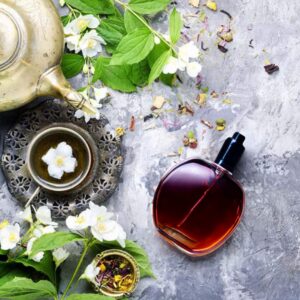 Flowerbomb (type) Fragrance Oil$5.90 – $620.00
Flowerbomb (type) Fragrance Oil$5.90 – $620.00 -
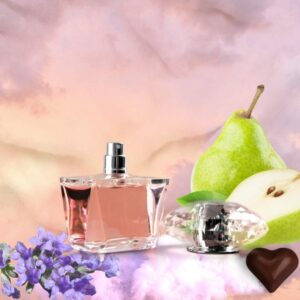 Cloud (type) Fragrance Oil$5.90 – $710.00
Cloud (type) Fragrance Oil$5.90 – $710.00 -
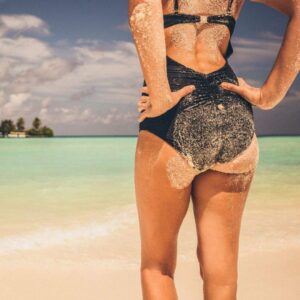 Brazilian Bum (type) Fragrance Oil$5.50 – $580.00
Brazilian Bum (type) Fragrance Oil$5.50 – $580.00 -
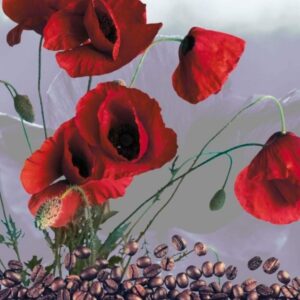 Black Opium (type) Fragrance Oil$6.90 – $840.00
Black Opium (type) Fragrance Oil$6.90 – $840.00
Step 3: Gather Your Supplies
You’ll need some tools:
- A glass measuring cup or beaker for mixing
- Pipettes or droppers for precision
- Coffee filters or a fine mesh strainer for filtering (if using essential oils)
- A dark glass bottle to store your perfume
Step 4: Mix Your Perfume
Start by adding your base notes to the perfumers alcohol. For a standard mixture, use about 10-30% of essential oil or fragrance oil in total**. Here’s a simple breakdown:
- Add 12 drops of base notes
- Add 18 drops of middle notes
- Finish with 10 drops of top notes to 30 ml of perfumers’ alcohol.
If you are using fragrance oil, you can start with a ratio of 3ml of fragrance to 30ml of perfumers alcohol – this is a 10% fragrance usage rate. You can use more or less depending on the strength desired AND maximum IFRA usage rates.
Swirl gently to mix.
* * You must always check the maximum usage rate in the individual fragrance IFRA certificate. Some fragrances have a higher usage rate than others. Perfume comes under category 4 on the IFRA certificate. Please ensure you don’t exceed the maximum percentage when making your perfume.
Step 5: Let It Mature
Patience is key! Let your perfume sit in a cool, dark place for at least 48 hours, up to a month for perfumes made with essential oils. This aging process allows the oils to meld perfectly with the alcohol, enhancing the depth and longevity of your fragrance.
Step 6: Filter and Transfer (essential oils only)
Once your perfume has matured, it’s time to filter out any sediment. Use a coffee filter or a fine mesh strainer and funnel the liquid into your final storage bottle—preferably dark glass to protect the oils from light.
Step 7: Enjoy Your Creation
Your custom perfume is now ready to wear and enjoy! Remember, perfumes can evolve with time, so feel free to revisit and tweak the blend after some time if needed.
Bonus Tips:
- Always label your experiments with the date and ingredients so you can recreate or adjust as needed.
- For a lighter scent, consider diluting the mixture with more perfumers’ alcohol.
- If irritation occurs (some essential oils can be potent), discontinue use or try a different blend.
Creating your own perfume can be an immensely satisfying project. It’s a way to connect with the ancient art of perfumery while expressing your personal style. Have fun with it, and let your creativity lead the way!
